【新唐人2011年9月1日訊】今年以來,大陸文化部以捍衛中國的“國家文化安全”的名義,連續發佈禁令,已經把300首中文和外文歌曲打入黑名單。一些音樂網站被指責 “擾亂網路音樂市場秩序,危害國家文化安全”。而電影導演馮小剛最近質疑中共製定的電影審查制度,認為審查制度扼殺了中國電影的創造力。下面請看專家的分析。
馮小剛在一次全國政協關於深化文化體制改革的會議上說,近年來,中國的導演沒能拍出幾部記錄這個時代的深刻變革的作品,除了創作者的視野和能力外,最大的問題就出在審查制度。
作家章天亮和文化評論家葉匡政一致認為,中共一直以來都把電影當作洗腦工具,用這種思想控制的手段來保護它的政權。
章天亮(旅美作家、編劇):「因為電影它是在講故事,這故事如果講的話好會打動人,同時故事所承載的價值觀會被人所接受,這是沒有任何障礙就能吸收進去,所以中共的話,他看到這種電影對人這種改變的力量,所以他長期來他害怕,如果電影裡宣揚正統的價值理念的話,當然對中共他的統治造成很大的衝擊,所以長期以來中共把電影作為一種很重要的審查對像。」
章天亮表示,一個編劇所創作的故事不是憑空想像,而是融入自己的閱歷、人生哲學和他對世界的思考,大陸民眾生活壓力大,拍攝這種庶民生活的影片會被批判為對中共偉、光、正的嘲諷,共產黨需要的是塗脂抹粉,為自己歌功頌德。所以做為一個電影人,要嘛就是拍些風花雪月,要嘛就是耍貧嘴之類,而這對創造力卻是非常大的傷害。
大陸文化評論家葉匡政表示,中國歷史非常豐富,但是今天的電影卻不能表現,一旦碰到宗教、外交、或者中共的歷史,都有非常嚴酷的限制。
葉匡政:「現在比如講對民國的歷史,包括對中共自己的歷史,有非常嚴酷這種限制吧,就是他一旦被這種歷史刺激過多了,或者電影或者藝術,中共就會發現,他會喪失一黨專政這種合法行為。」
葉匡政指出,如果要改變這種審查制度,只有整個社會型態改變,那麼這種審查制度才可能被真正廢止。
北京電影學院教授崔衛平也向《美國之音》表示,中國的電影審查制度沒有一個明確的標準,但是碰觸某些歷史性的,被稱之為政治敏感性比較強的題材,比如:六四、反右、文革、大饑荒,那肯定是深受限制。
馮小剛表示:“這個問題不解決,想要拍出經得住時間考驗,無愧於時代的作品將是一句空話。”
而8月中,《紐約時報》在頭版的一篇報導中指出,中國並不禁止獨立製片,但是控制影片的發行。政府的支持能使作品銷到全國及海外。在豐厚的利潤和名聲面前,一些電影導演選擇了迎合政府。
崔衛平認為,放寬中國的電影審查制度,還有待中國政治的進一步開放,而這不僅僅是電影人的責任,也是全社會的責任。
新唐人記者張麗娜、李庭、王明宇採訪報導。
China』s Censorship Stifles Cultural Creativity
This year, China』s Cultural Ministry has issued several bans
in the name of “defending national cultural security."
It has blacklisted 300 Chinese and foreign songs.
Some music websites are accused of "disturbing Internet
music market order and endangering national cultural security."
Chinese film director Feng Xiaogang lately challenged the
film censorship of the Chinese Communist Party (CCP),
believing that it stifles Chinese films』 creativity.
Feng said on a CPPCC National Committee meeting about
cultural system reform that, in recent years,
China's directors did not produce many good films that
could capture the great changes in this ear.
In addition to the artists』 vision and capabilities,
the biggest problem lies in the censorship system.
Writer Zhang Tianliang and cultural critic Ye Kuangzheng
say the CCP has always used films as brainwashing tools.
The films are measures taken by the CCP to control people』s
thoughts and to protect its power.
Zhang Tianliang (US-based writer and playwright):
"Because the films tell stories, which can be very moving,
the audience would accept the morals of the stories,
without much resistance.
The CCP saw the power of films in changing people,
so it is fearful of the traditional values promoted by the films,
which may have a great impact on the CCP』s rule.
So, the CCP subjects films to a censorship and review system.
Zhang said that playwrights don』t imagine stories.
They write with their experiences, philosophy and world view.
Filming the real situation of the ordinary Chinese people is
a mockery of the CCP』s positive propaganda about itself.
So, Chinese filmmaker can only produce romances or
comedies, which can severely harm their creativity.
Chinese cultural critic Ye Kuangzheng said that
China is very rich in history and culture,
but today's movies cannot show these.
Films involving religion, diplomacy, or the CCP's history
face extremely severe restrictions.
Ye Kuangzheng: "Films on the history of Republic of China
and on the CCP』s history face severe limitations.
If people see more of these kinds of history, the CCP fears
that its one-party dictatorship would be seen as unlawful.
Ye said to change the censorship and view system, the only
way is to change the state of the entire society.
Beijing Film Academy』s Professor Cui Weiping told VOA that
China』s film censorship doesn』t have a clear standard.
Topics of historical and political sensitivity are restricted,
including the Tiananmen Movement, Anti-Rightist Campaign,
the Cultural Revolution, the Great Famine, etc.
Feng Xiaogang: "If this problem is not solved, it is empty talk
that you want to make a film that stands the test of time.
In mid-August, New York Times wrote a report that
China does not prohibit independent production,
but the authorities control the films』 releases.
The government support can promote the production overseas.
Seduced by profits and fame, some film directors chose
to cater to the government』s taste.
Cui Weiping said that relaxation of film censorship in China
awaits for further reform and opening up of Chinese politics.
This is not only the responsibility of the film professionals,
but also the responsibility of the entire society.
NTD reporters Zhang Lina and Li Ting
看下一集
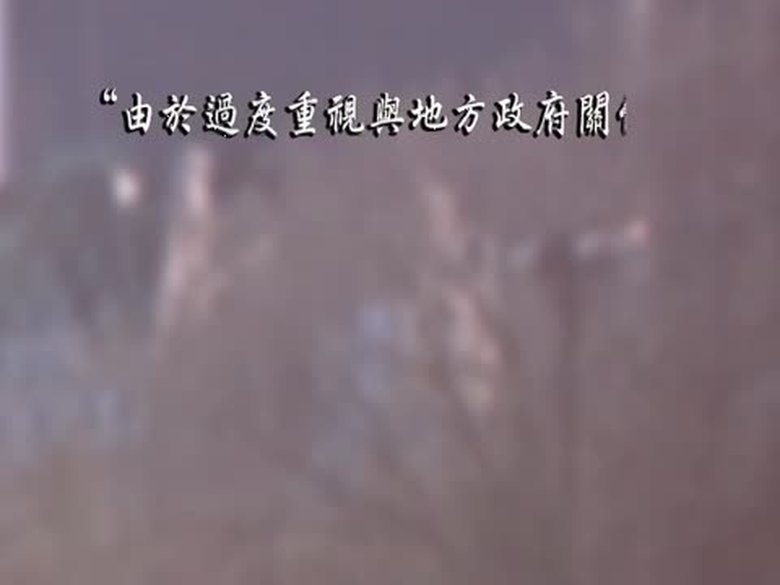
【禁聞論壇】中國房地產業將倒閉?
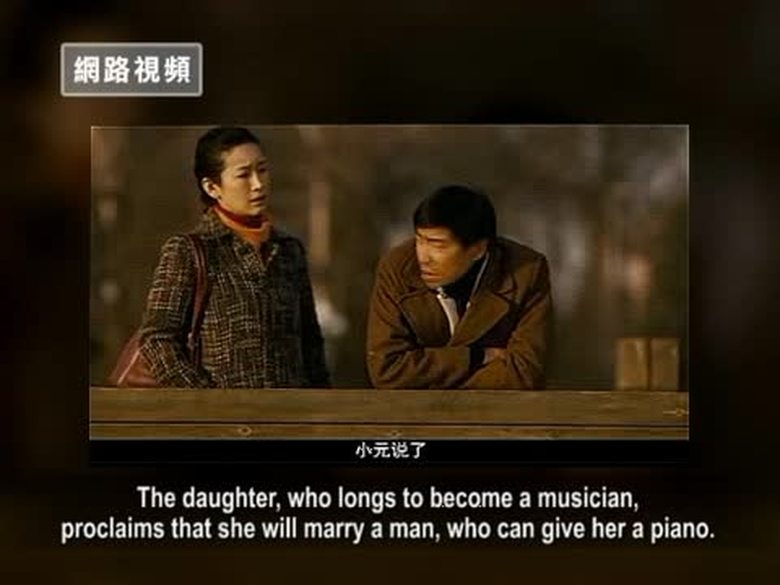
【禁聞】《鋼的琴》獲大獎 叫好卻不叫座
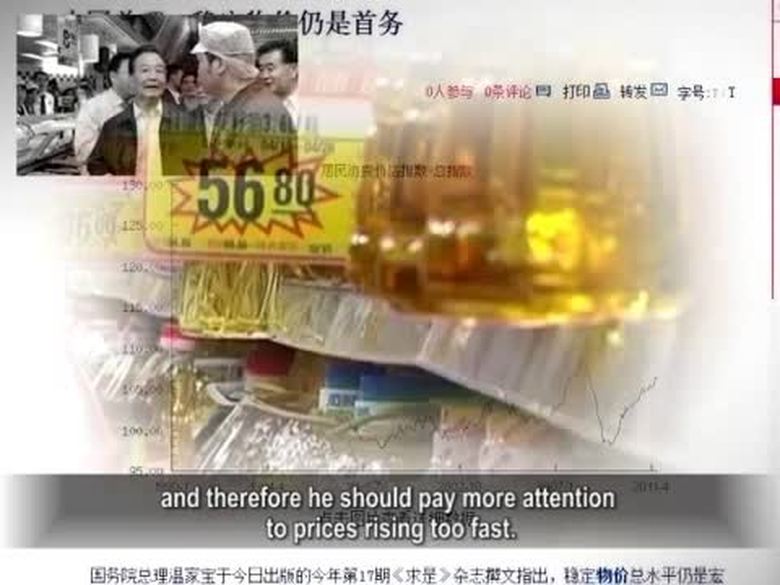
【禁聞】溫家寶:宏調「首務」穩定物價

【禁聞】蘋果在華供應商污染 產「毒蘋果」

【禁聞】中國月餅「內外交困」
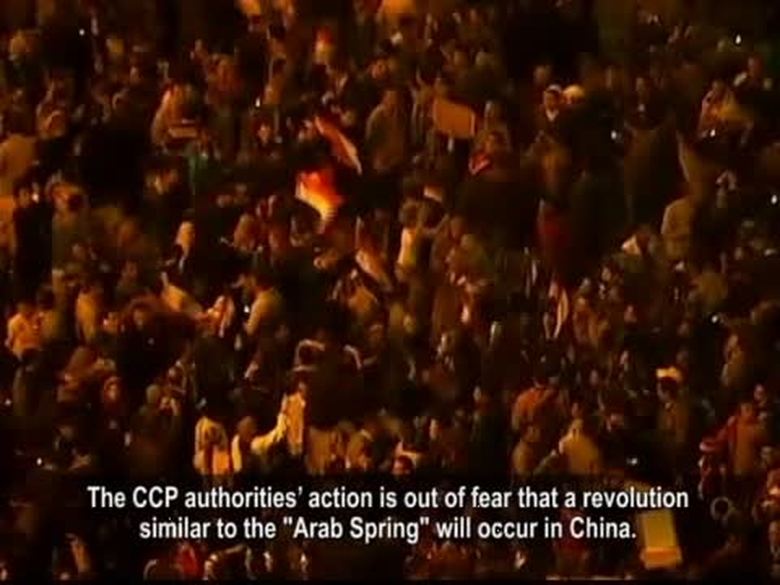
【禁聞】北京兩報遭降級 中共再壓敢言媒體
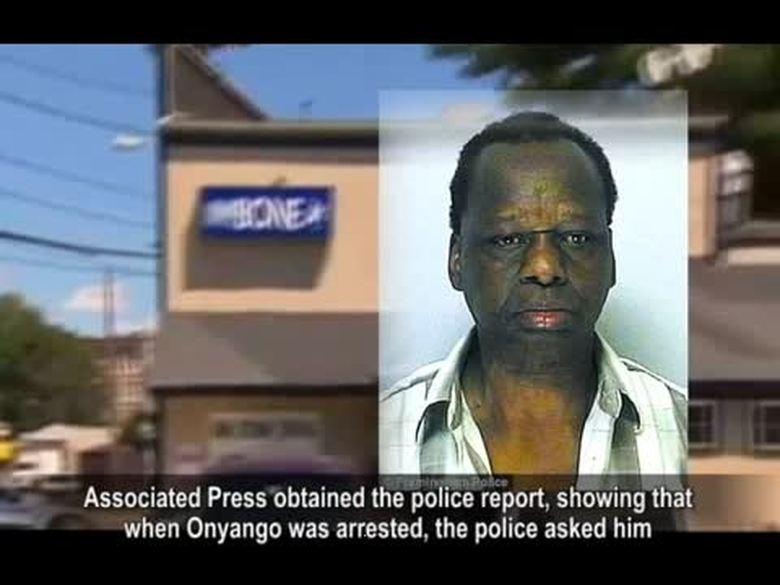
【禁聞】美國“皇叔”被拘 白宮:與庶民同罪
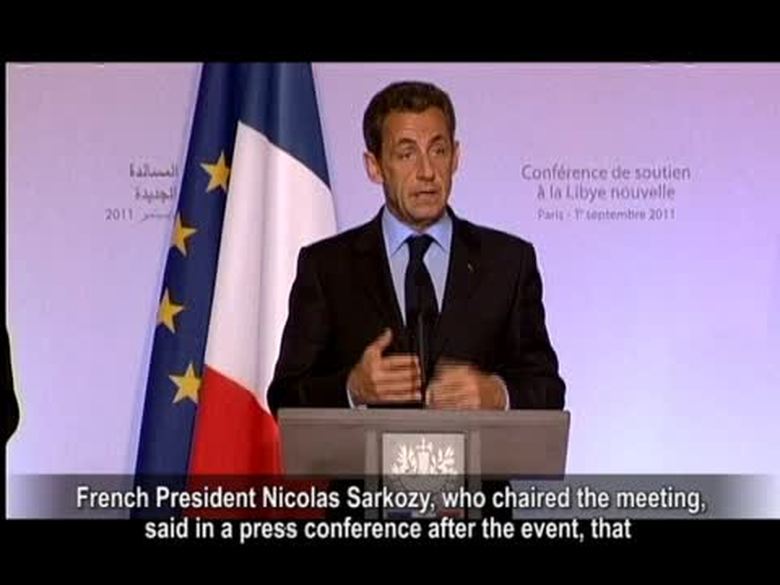
【禁聞】中共拒認“利比亞過渡政府”
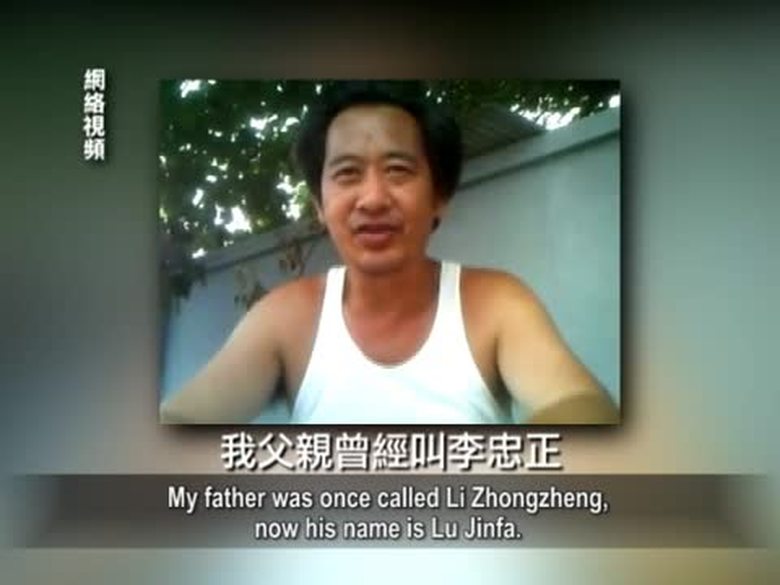
【禁聞】自稱毛澤東孫“認祖歸宗” 中共不認
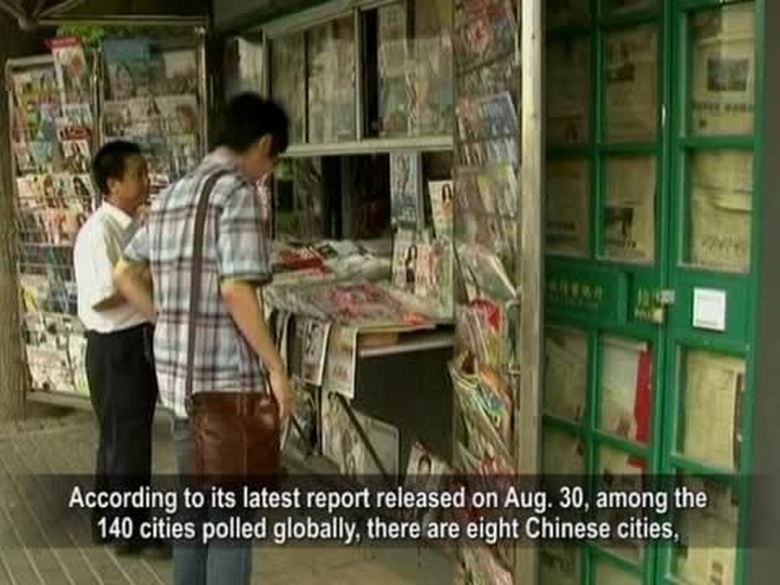
【禁聞】北京「最適合居住」?
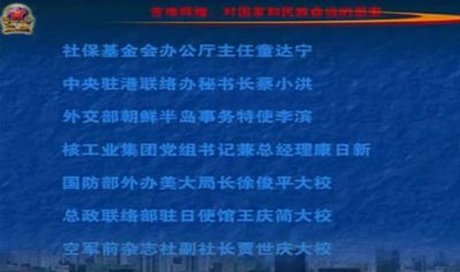
【禁聞】間諜視頻引各國關注 環球時報滅火
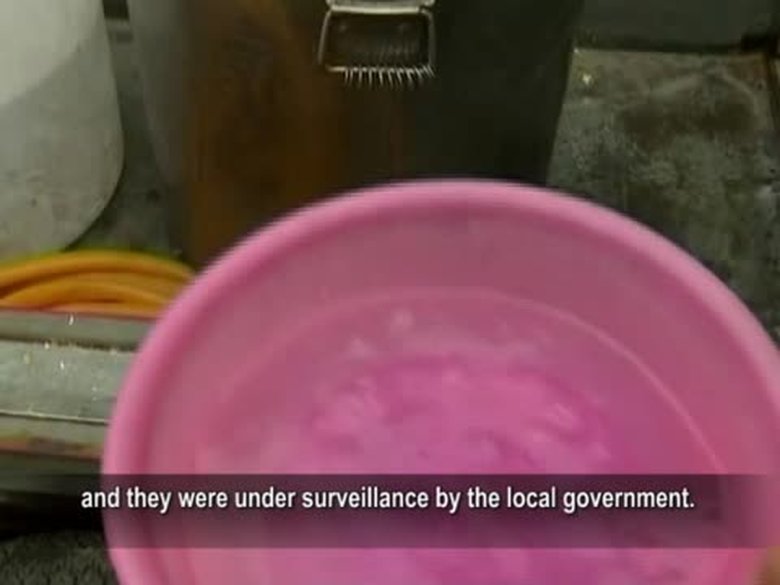
【禁聞】我們要讀書:民工子弟夢碎北京

【禁聞】中國政治與經濟制度 沙灘大廈之危
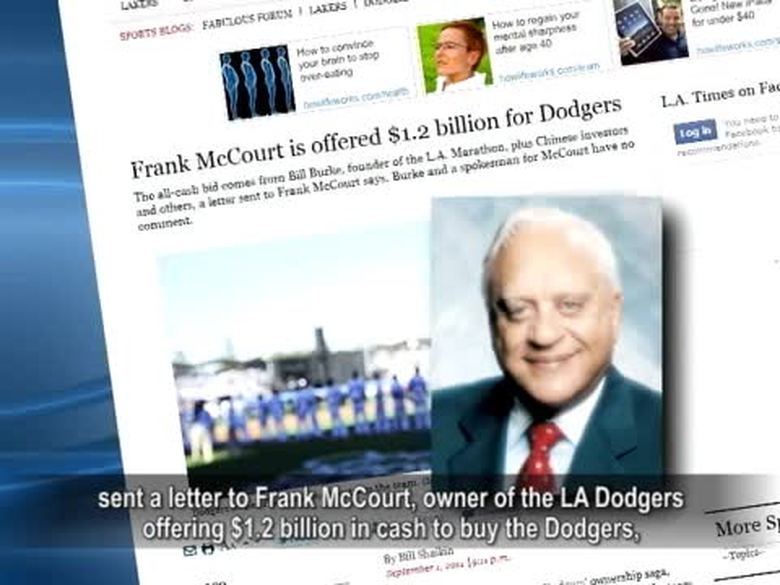
【禁聞】中資12億美元收購美棒球隊
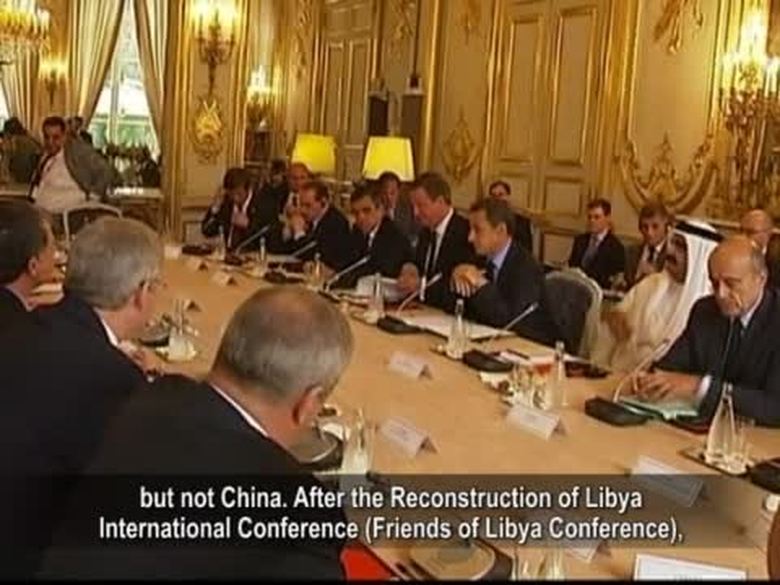
【禁聞】利益掛帥 外媒稱中共「變色龍」
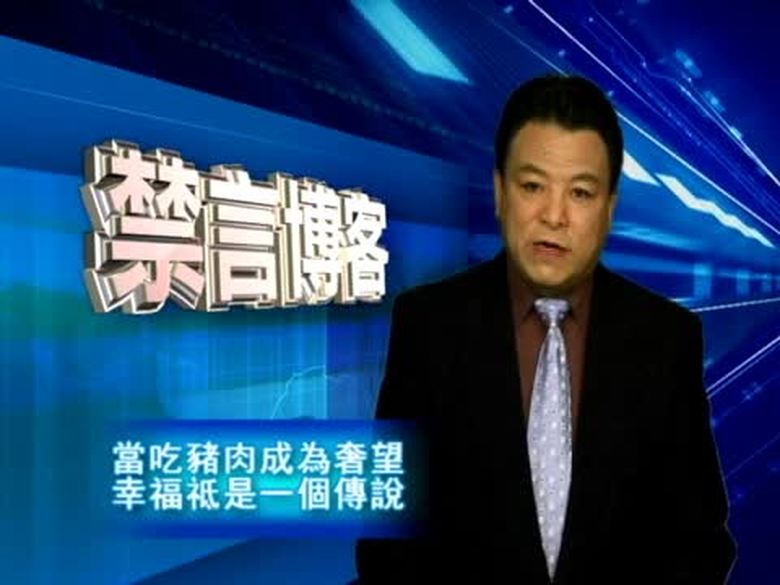
【禁言博客】當吃豬肉成為奢望








